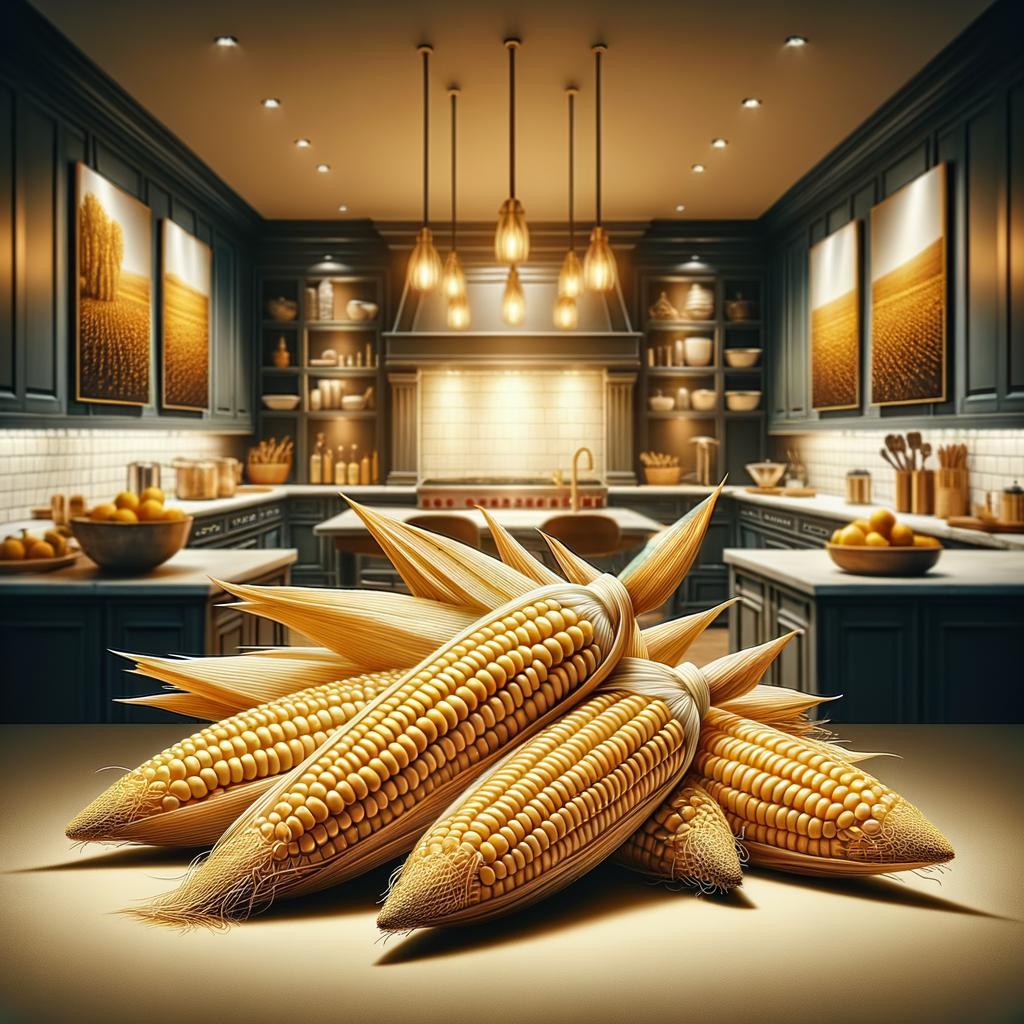Corn Husks

Description
Corn husks, the outer protective layer of a corn cob, are a charming ingredient that are often overlooked in the culinary world. They are a beautiful natural shade of green, with a smooth and slightly glossy texture. The husks are pliable and strong, making them an excellent choice for wrapping foods. They have a subtly sweet, grassy flavor that can infuse the food they encase with a unique, rustic taste. What sets corn husks apart from other similar ingredients, like banana leaves or vine leaves, is their availability and versatility, not to mention their connection to the heartland of many cultures.
Primary Uses
In the culinary world, corn husks are primarily used as a natural wrapping for cooking. They are a key component in Mexican cuisine, particularly in the preparation of tamales, where they not only serve as a wrapper but also impart a distinctive flavor to the dish. In the American South, corn husks are used to make a traditional dish called "husk mers", a type of corn dumpling. In addition to their culinary uses, corn husks also have non-culinary applications. They are used in crafting for making dolls and in floral arrangements. Their cultural significance cannot be understated, as they are a symbol of harvest and abundance in many cultures.
History
Corn husks have a rich and romantic history that dates back to the ancient civilizations of Mesoamerica. They were used by the Maya, Aztec, and Inca civilizations not only as a food ingredient but also as a material for crafting. The use of corn husks in cooking has evolved over time, with different cultures finding new and innovative ways to use this humble ingredient. There's an intriguing legend among Native American tribes that the 'Corn Mother' was the one who taught them to respect and use every part of the corn plant, including the husks.
Nutritional Information
While corn husks are not typically consumed, they do have a nutritional profile worth mentioning. They contain dietary fiber, and when used as a wrapping for cooking, some of this fiber can be transferred to the food. They also contain traces of vitamins and minerals, including Vitamin B, magnesium, and potassium. When compared to other natural wrappers like banana leaves, corn husks have a lower nutritional content but offer a unique flavor profile that is hard to replicate. Remember, though, that the real charm of corn husks lies not in their nutritional value, but in their ability to transform a simple dish into a bundle of joy and surprise.

